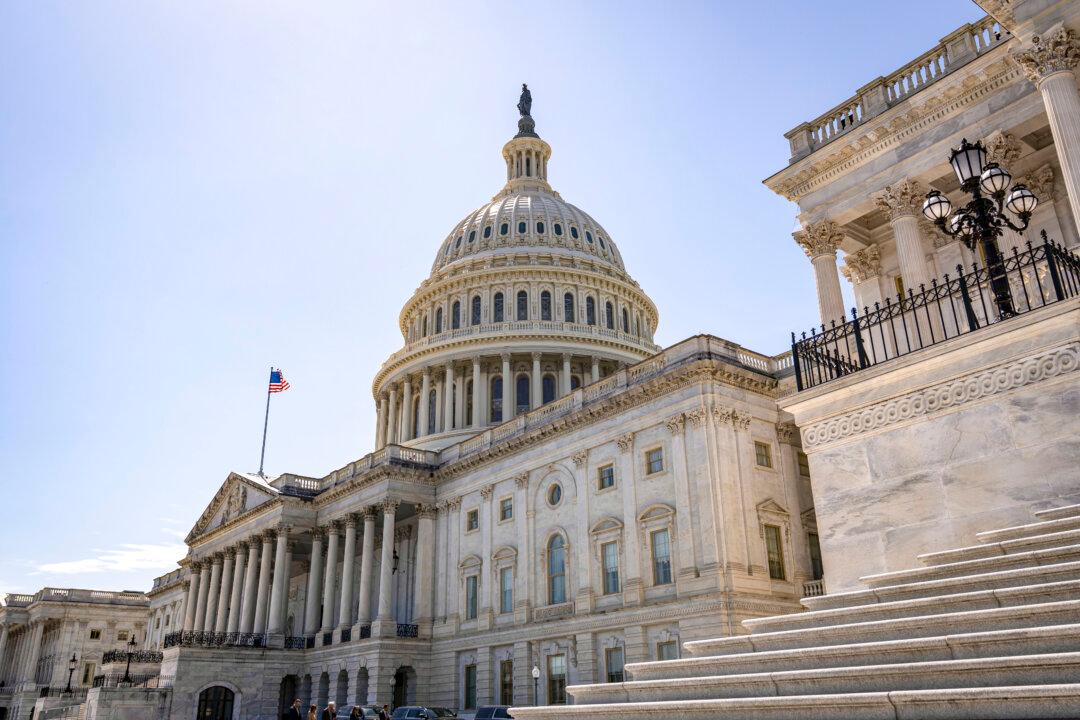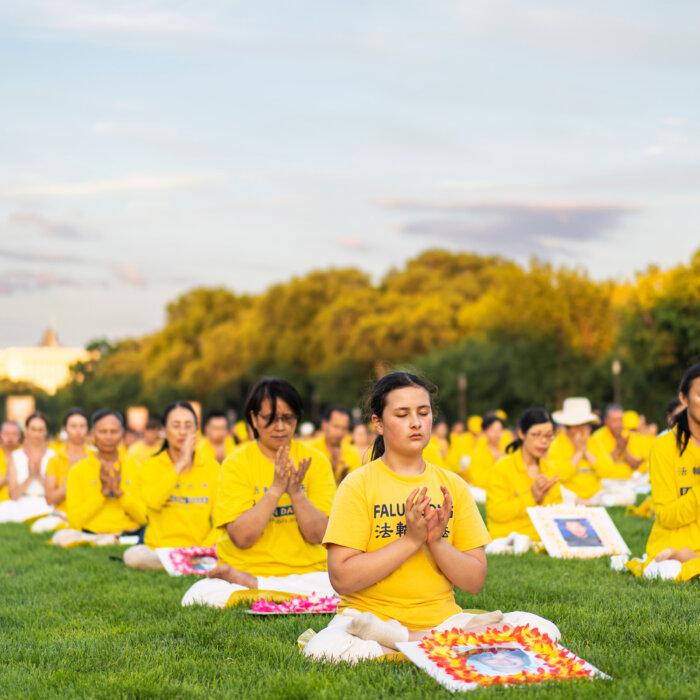In the Chinese prison where Yu Xinhui spent six years for his beliefs, one secret list filled everyone with dread.
Once or twice a year, without prior announcements, busloads of people on that list got frogmarched from the prison ward—never to return.
He recalled distinctly in 2006, how large vans with iron-barred windows, military police vehicles, and white ambulances popped up outside the prison building as military police swept through the site, floor by floor.
“Don’t look. Face to the wall. Lie on the bed,” the guards yelled, rattling off names that included three from his cell. Those inmates, stricken looking, stumbled away quickly, leaving all their belongings behind.
Mr. Yu, a practitioner of the meditation practice Falun Gong that the Chinese Communist Party (CCP) has waged a quarter-century war to wipe out from China, knew several fellow practitioners who had vanished in such a fashion.
‘Crucial Legal Precedent’
In 2006, forced organ harvesting was just entering public consciousness. Several whistleblowers that year came forward to The Epoch Times revealing the mass killing of Falun Gong practitioners at Chinese medical facilities while some investigators began their independent research.“In China, if you’ve got the money, there is no waiting list for you to get an organ. There’s a ready supply of these organs,” the bill’s lead sponsor Rep. Scott Perry (R-Pa.) said on the House floor on June 25.
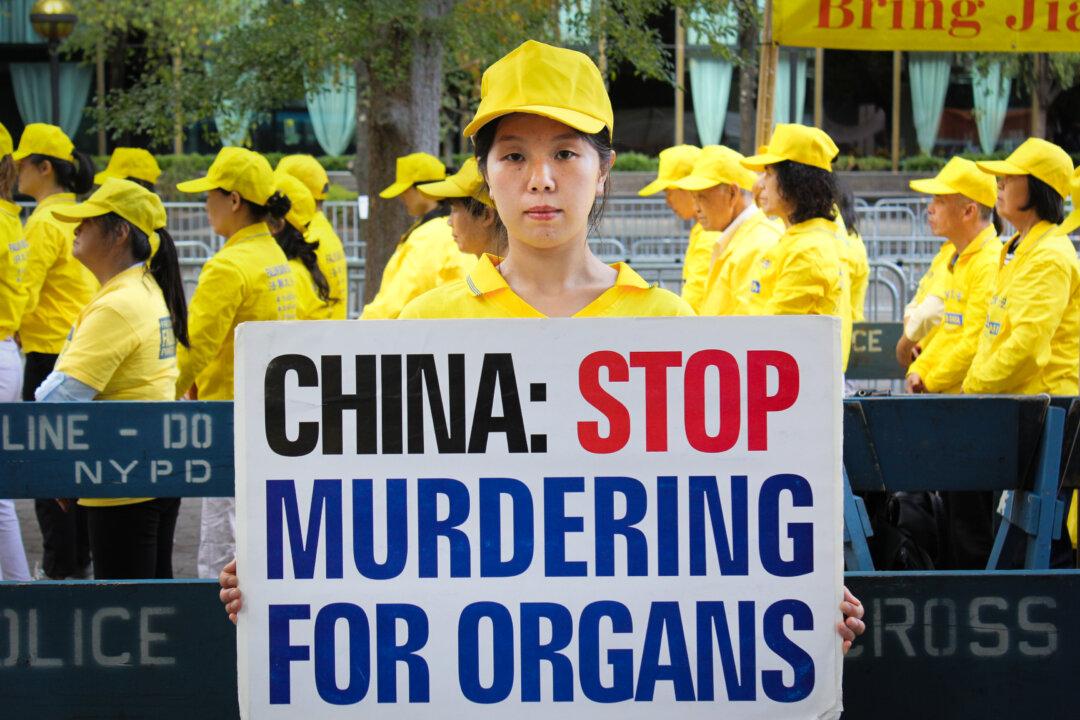
Mr. Perry called the measure “an action long overdue after 25 years.”
The bill was the first U.S. legislative action to directly address the slaughtering of Falun Gong practitioners on demand. Besides sanctioning anyone directly or indirectly engaged in forced organ harvesting, it carries civil and criminal penalties that could put offenders in prison for up to 20 years.
Moments before Mr. Perry spoke, his Democrat colleague Rep. Greg Stanton (D-Ariz.) evoked the “unimaginable suffering” of the victims as he rallied for support of the bill.
“Imagine the terror, and despair, of those who are imprisoned for their beliefs, only to have their organs forcibly taken from them,” he said. “This is not just a statistic, or a distant issue. These are real people—people with families, with dreams, who endure unbelievable pain and fear.”
To many inside China and overseas, the action seemed like a watershed moment.
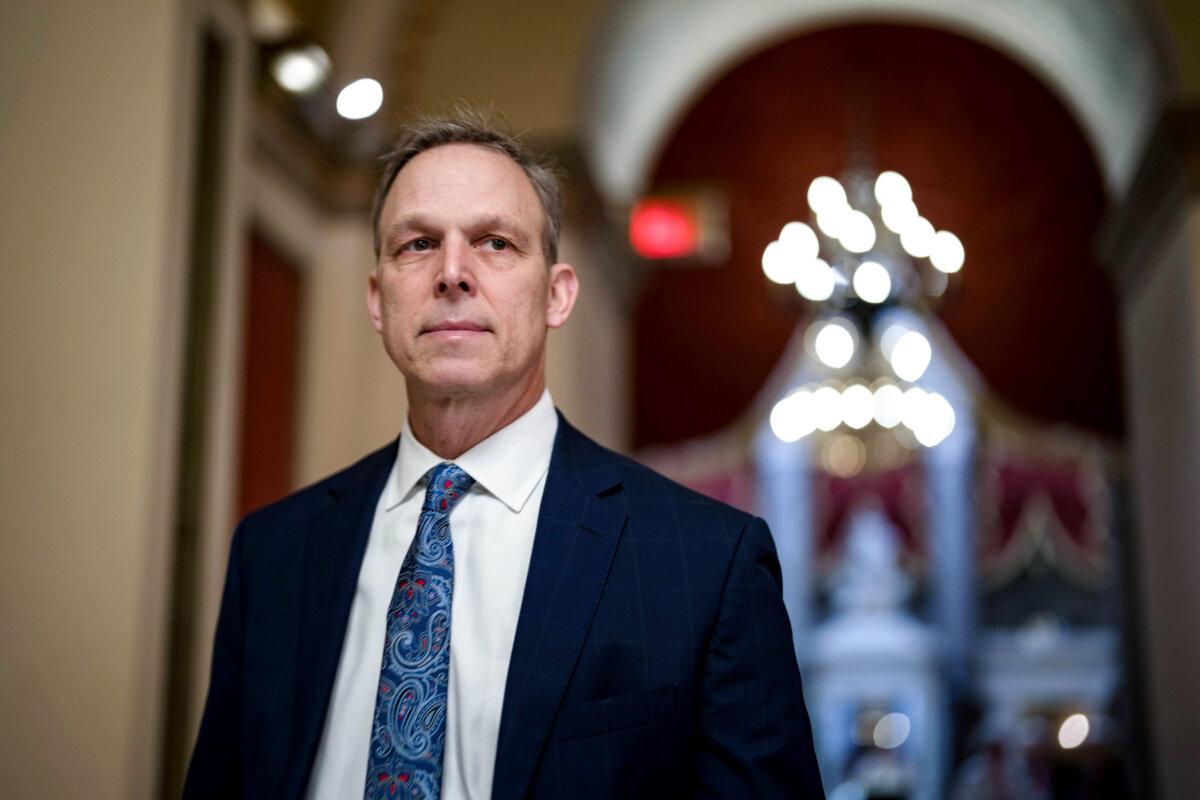
“It’s a crucial legal precedent for protecting international human rights,” Du Wen, once an adviser to senior Chinese officials on legal affairs in Inner Mongolia, told The Epoch Times. Mr. Du later sat in prison for 12 years under false political charges.
“If the United States can use law to showcase the CCP’s crimes, it’s very likely other allies will follow up. This will create international pressure on the CCP to change,” he said.
The development has sent a signal to anyone in China potentially involved in this dark supply chain: the world is watching, said Yuan Hongbing, a Chinese-Australian jurist and dissident who still maintains close connections within China’s inner political circle.
But the act, if enacted into law, means that “as long as they commit serious human rights crimes such as forced organ harvesting, they won’t be safe even if in America,” Mr. Yuan told The Epoch Times. It may prompt them to think of other ways out—including by exposing details of the regime’s “crimes against humanity” and atone for their transgressions, he said.
It’s now up to the Senate and the president to pass the bill and sign it into law.

‘Your Organs Are the Best’
In a population of around 1.4 billion, the practitioners of Falun Gong make up a sizable community. About one in 13 Chinese were practicing the meditative discipline when a ruthless persecution began to target them in 1999.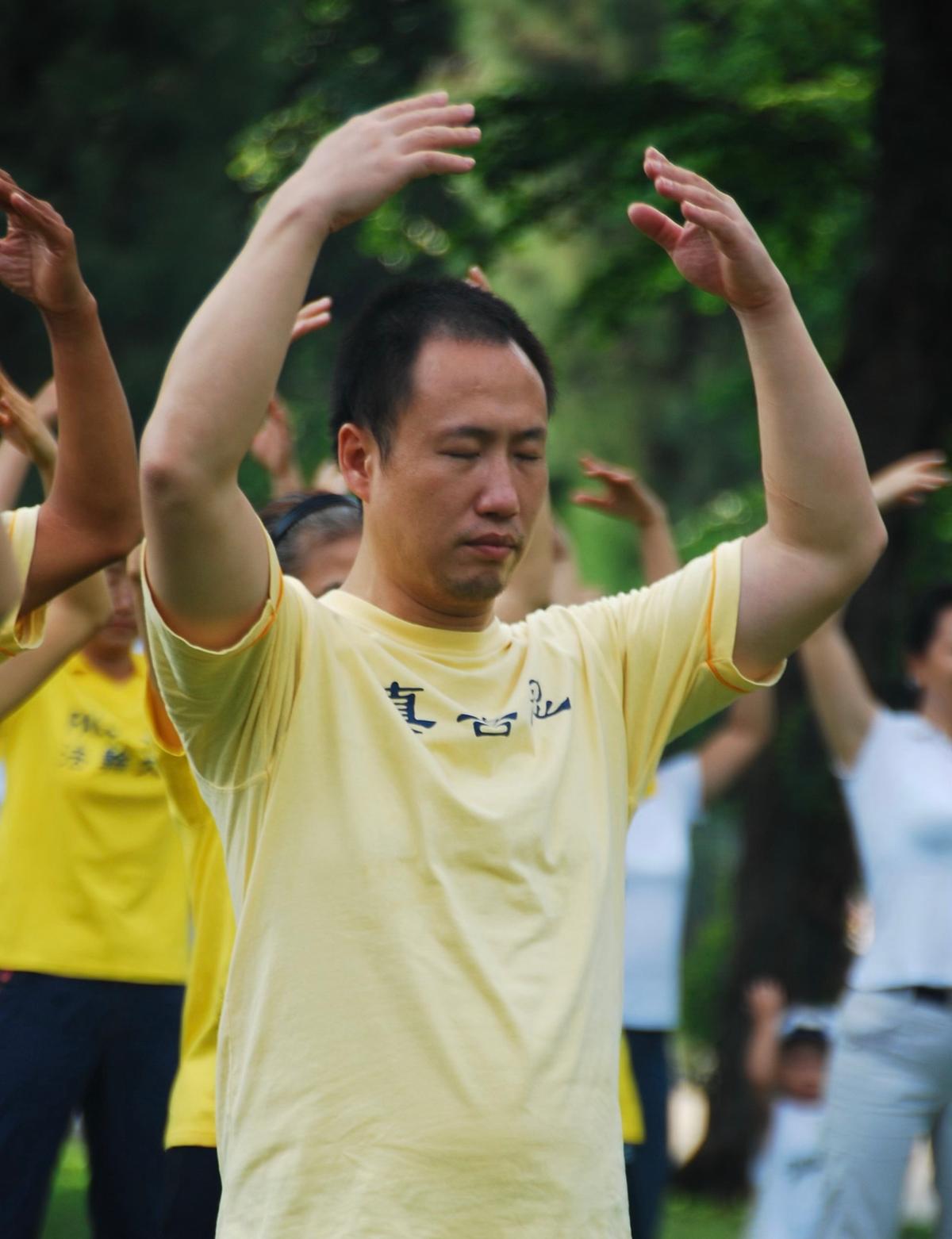
Practitioners strive to align themselves with core values of truthfulness, compassion, and tolerance, and exercise their bodies to keep fit. But their sheer number as well as the practitioners’ healthy, peaceful lifestyle are also what make them vulnerable. In them, the regime sees a convenient target to feed the industrialized organ harvesting machinery.
Even 18 years ago in the Chinese prison, the matter was already an open secret around Mr. Yu.
“Don’t go against the communist party,” one prison doctor, who took to Mr. Yu because of their shared hometown, once told him. “Do as it orders. Otherwise, you won’t even know how you die. When it happens, where your heart, liver, spleen, and lungs will be taken, you won’t even know either.”
“Your organs are the best,” the doctor had said. Falun Gong practitioners, he said, “often exercise their bodies, when their bodies are healthy, so of course their organs are good too. So do you think we’d rather pick you or these other prisoners?”
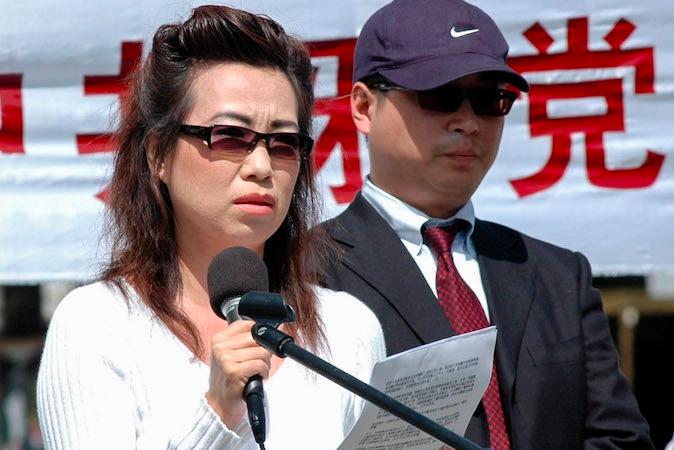
“Peter,” a Chinese investigative journalist based in Japan, spoke to The Epoch Times the same month, with details about a detention facility in Sujiatun where organs were being harvested. Peter received threatening anonymous calls telling him to play down the matter.
As stories like these emerged, and as investigators started to collect evidence, the Chinese regime made superficial changes to try to tamp down the pressure from outside. Outwardly, the regime established an organ donation system in 2015, and it promised to stop taking organs from executed prisoners, who Beijing previously claimed were the source of their vast reservoir of available organs.
Uyghurs Muslim in Xinjiang, and House Christians who are also persecuted for their faith, are known to be victims of the CCP’s organ harvesting too, albeit on a smaller scale.
“Forced organ harvesting is of unmatched wickedness, even compared—on a death-for-death basis—with the killings by mass crimes committed in the last century,” tribunal chairman Sir Geoffrey Nice said in the judgment.
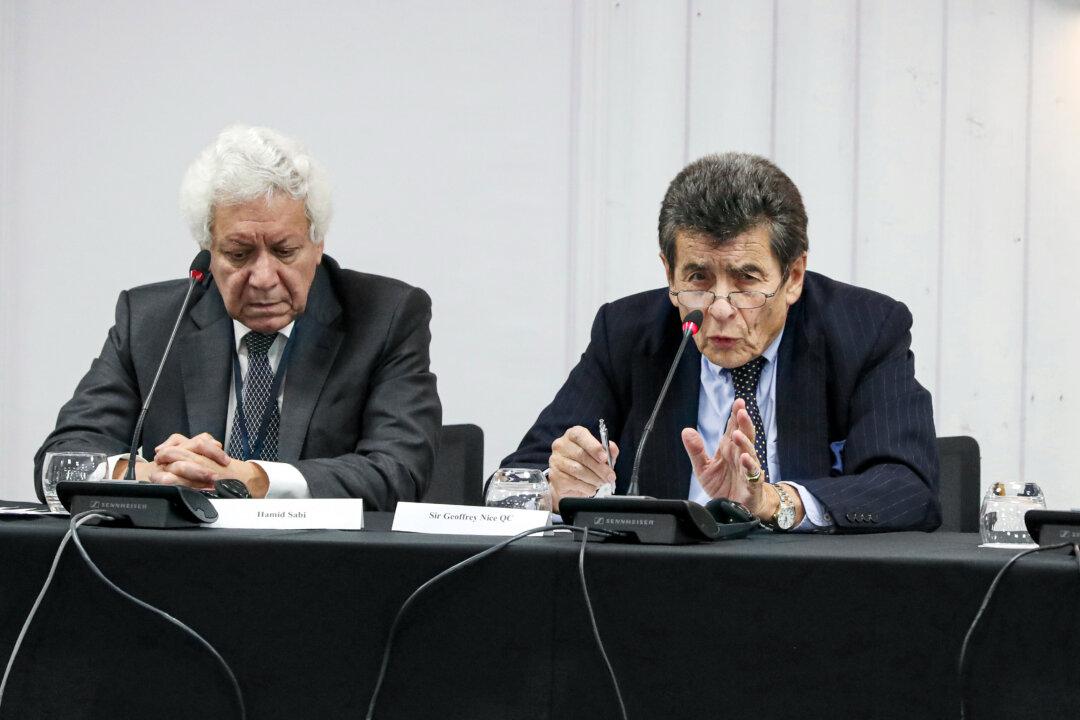
State Level Momentum
Caroline Harris Davila, a freshman representative to the Texas legislature, was a staffer in the state Senate when the tribunal ruling came out. Reading the testimonies filled her with horror and a desire to “do something—to show that this is not okay,” she told The Epoch Times.The issue isn’t that far away. Her friend personally knows someone whose family members disappeared in China for practicing Falun Gong.
For them, “it was just kind of a known thing. That your family member or friends would just disappear one day and you never really found out what happened,” she said.
From there, the pace of change quickened.
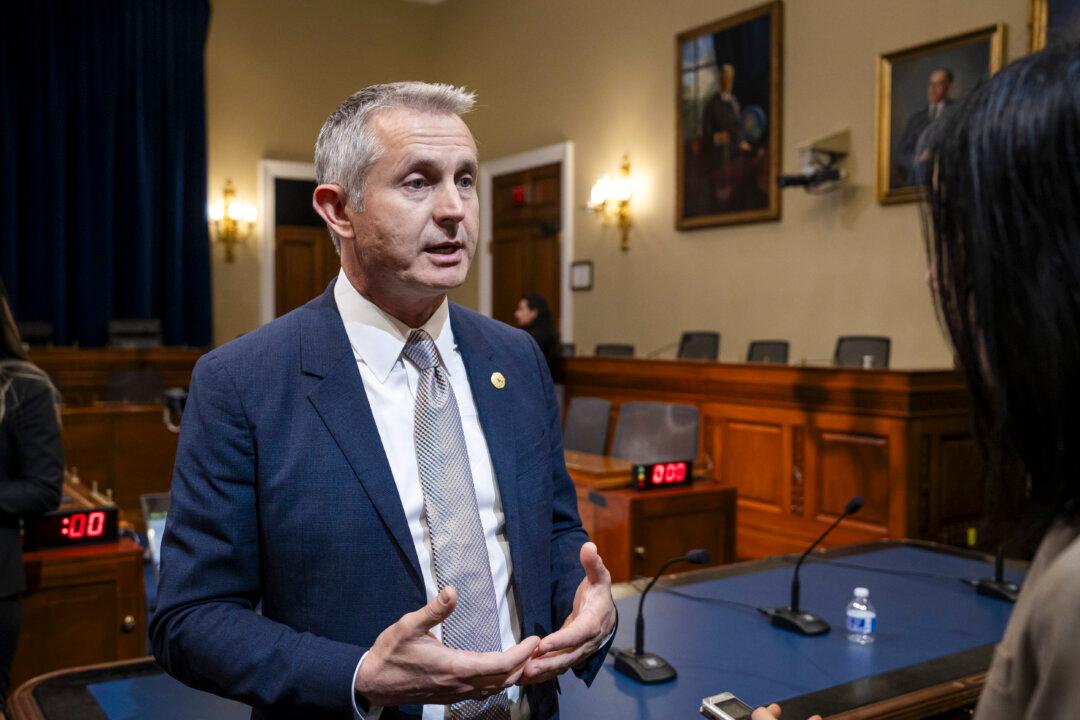
State Armor’s founder Michael Lucci, who comes from Ms. Harris Davila’s district, credited Texas for the blueprint of what he thinks every state should act on.
“I think I was stealing the language from the bill before they even got it signed by the governor,” Mr. Lucci told The Epoch Times. “All 50 states could do something on this bill, it will make sense everywhere.”
He spoke just before walking into a meeting with lawmakers in Ohio. He has gotten a late start, having just launched the organization in January, and it takes time to “do the education part” on this issue that many elected officials have little prior knowledge about, he said.
‘Something Has to Happen’
The regime has never lessened its efforts to shut down discussion of the issue. In 2008, when Canadian human rights lawyer David Matas was giving public speeches about his investigation into the abuse, a Chinese-speaking man identifying himself as a police official, called in during a live Q&A to threaten him: “Are you afraid of death? You are brutally interfering in our Party’s internal policies.”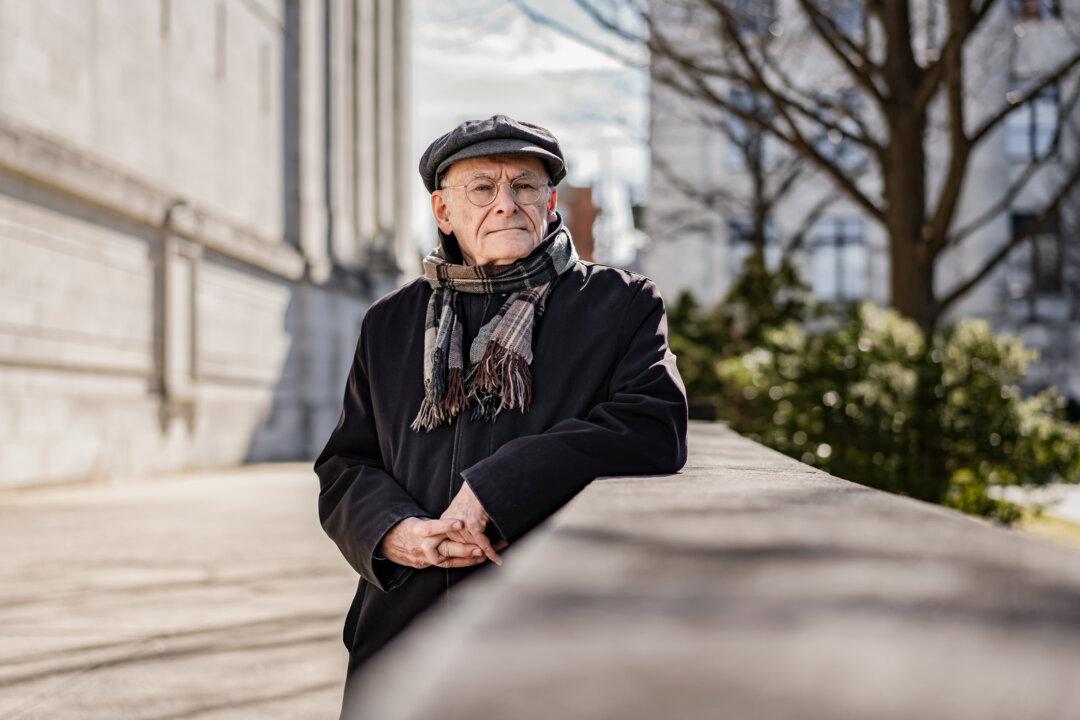
“They’re overplaying their hands,” she said. “They should be the ones issuing an apology.”
Many lawmakers in states that have either acted on the bill or are considering it, expressed a disbelief that such crimes still takes place in the 21st century.
The Idaho bill’s principal sponsor Jordan Redman was looking into forced organ harvesting just as Shen Yun Performing Arts was in town. The dance performance, which presents vignettes of traditional China prior to communism, also featured a segment from modern day China, depicting a family tragedy as a result of organ harvesting.
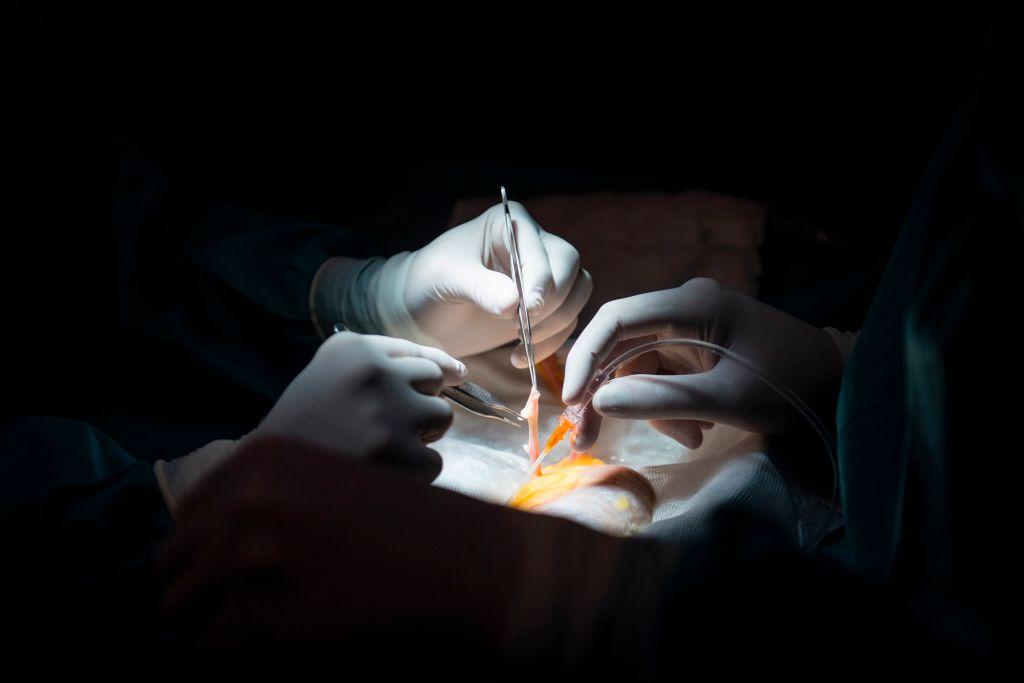
During the intermission, Mr. Redman was peppered with questions from his two children, aged 9 and 11, who struggled to wrap their minds around such “pure evil,” he said.
“It is kind of mind boggling to think that that could happen, and still does happen today,” he told The Epoch Times. But he’s seeing a groundswell of support to change that both on a state level and nationally.
Sunlight
Survivors and those who have knowledge about the regime’s human rights records in China, have been hoping for change to happen.Zhang Guoliang, a Falun Gong practitioner who is a United Airlines captain, spent four years in Chinese jail because of his faith.
“Everyone under the CCP’s detention and persecution can become a victim of forced organ harvesting,” Mr. Zhang told The Epoch Times. “This is dictated by the CCP’s system—as long as the system is running, no one inside could feel safe.”
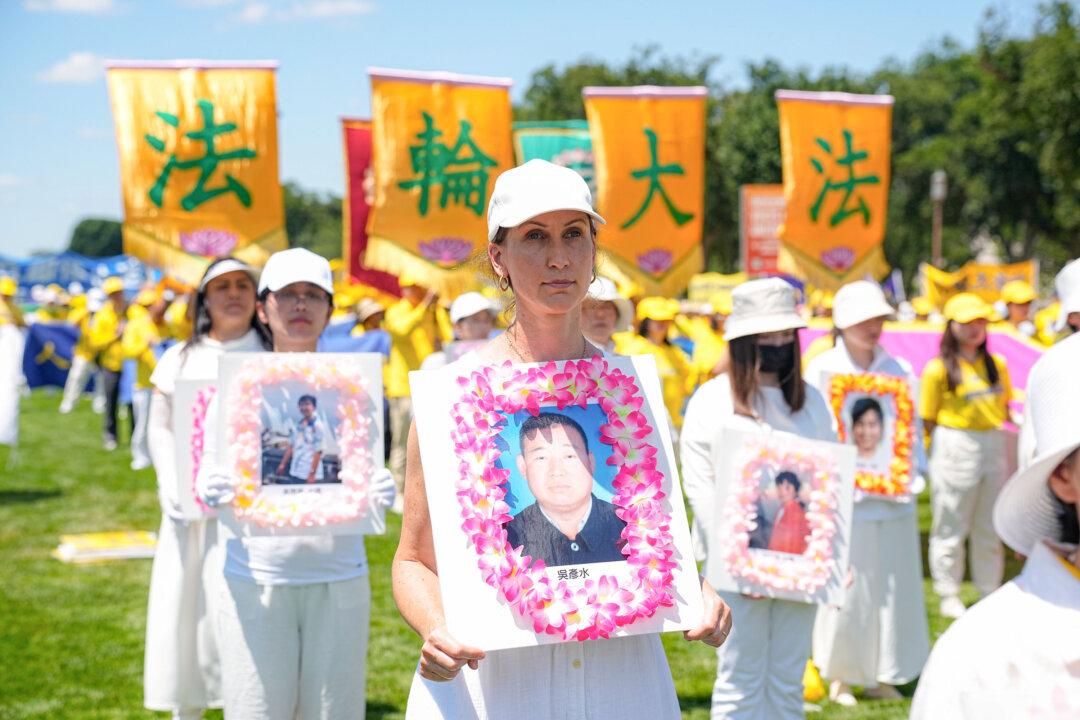
While a lot of evidence remains anecdotal due to the opaqueness of the Chinese system, the House bill, which includes a clause about investigating the issue in China, could allow the United States to unearth more data on a governmental level and encourage more people who have stayed silent because of pressure to speak out.
Mr. Yu is still haunted by his prison experience and the practitioners who disappeared. Like many other who are detained, Mr. Yu underwent multiple blood tests and other health checks in prison but was never given the results. He learned later, how narrowly he missed death.
His father is a senior military official in Guangzhou. When Mr. Yu made it out of prison in 2007, his father told him that a prison warden had said, your son only lived because of his military connections.
Mr. Yu is now focused on helping others. For his brethren in China, whose lives are still on the line, exposing the “hideous” cruelty to sunlight is itself a layer of protection, he said.
“It’s an act that can save lives,” he said.
